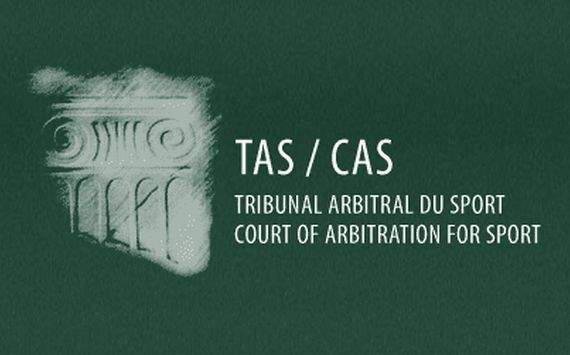Nov 22, 2013: The Court of Arbitration for Sport (CAS) has issued its decision in the appeal arbitration procedure between the World Anti-Doping Agency (WADA), the Australian professional motorcycle rider Anthony West and the Fédération Internationale de Motocyclisme (FIM). The appeal filed by WADA has been partially upheld, the FIM decision to suspend the rider for one month has been set aside and a period of ineligibility of 18 months has been imposed on the rider. WADA appealed to the CAS against the decision issued on 2 October 2012 by the FIM
International Disciplinary Court (FIM IDC) in which the rider was sanctioned with a one-month ban following a positive anti-doping control for methylhexaneamine, a stimulant which is prohibited in competition. In its appeal, WADA requested that the FIM IDC’s decision be annulled and that a two-year period of ineligibility be imposed on the rider. For his defence, the rider admitted that he had been slightly careless and argued that he committed a minor doping violation and that a three month period of ineligibility should be the maximum proportional sanction. He also added that in motorcycling, cheating involves the equipment rather than the rider.
The case was referred to a panel of CAS arbitrators (Prof. Jan Paulsson, Bahrain (President), Prof. Richard H. McLaren, Canada, and Mr Efraim Barak, Israel), who heard the parties, their witnesses and their legal representatives at a hearing held in Lausanne on 21 August 2013.
The rider explained that the prohibited substance had entered his system through an energy drink (“Mesomorph”) that he had purchased, prepared, and consumed on the assumption that it did not contain any prohibited substances since it was purchased in a nutritional shop.
The CAS Panel found that an anti-doping rule violation had occurred and that, according to the applicable regulations, a maximum of two-year suspension could be imposed, unless there were grounds for it to be eliminated or shortened.
In light of the circumstances of the case and the degree of fault of the athlete, as well as the fact that methylhexaneamine is a stimulant with short term effects which are not insignificant in competition, the Panel considered it appropriate to impose an eighteen-month period of ineligibility, less the one month provisional suspension already served. The start date of the ban was set back to the date of sample collection, 20 May 2012, and all sporting results obtained by the athlete from 20 May 2012 to the end of the sanction are invalidated.
The arbitral award will be published on the CAS website in the next few days. —- CAS


Leave a Reply
You must be logged in to post a comment.